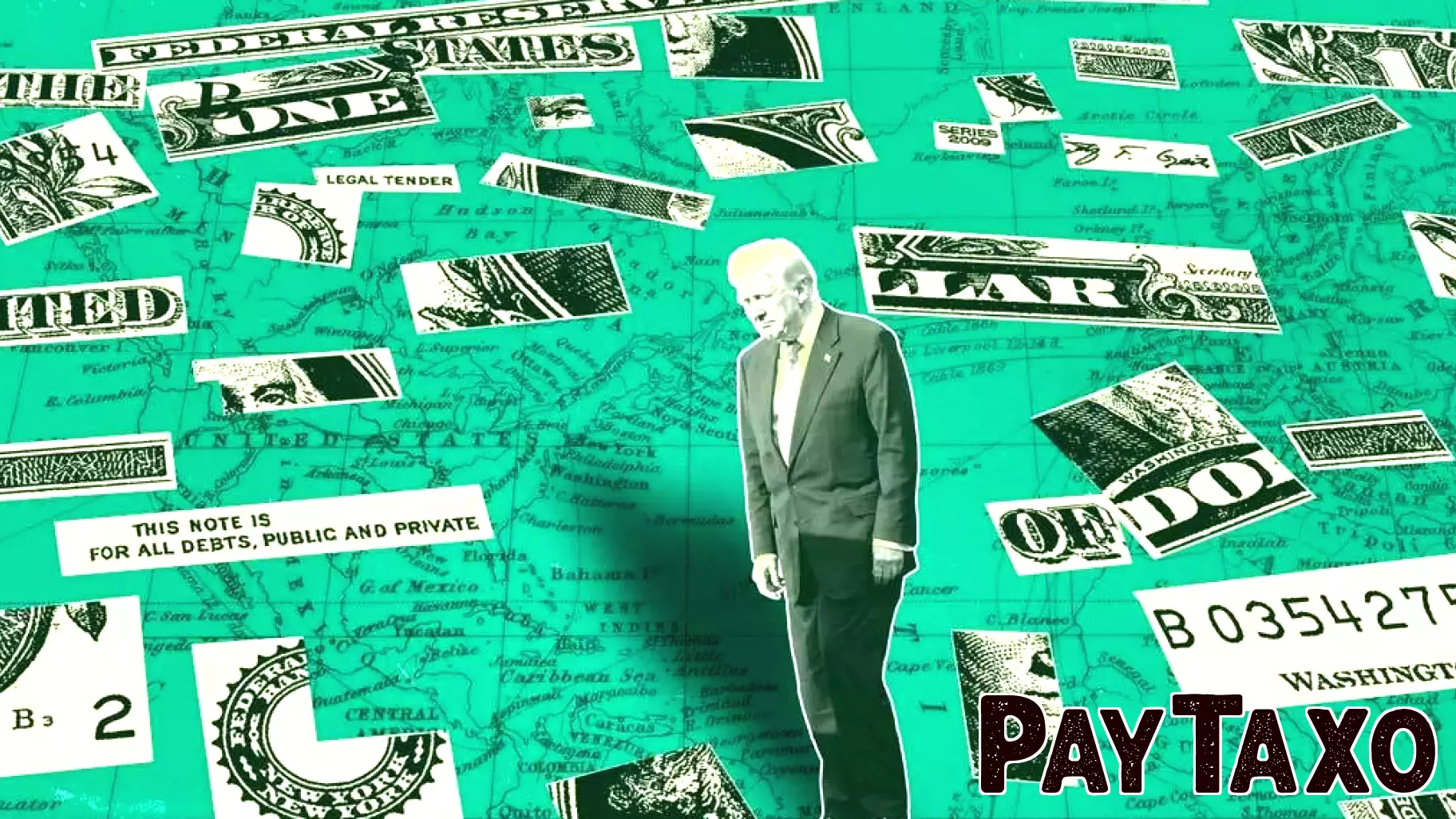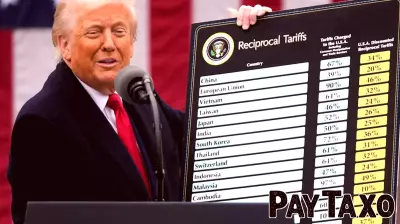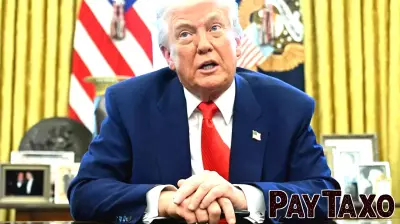March 17, 2025 - 03:16

The election of Donald Trump in 2016 marked a significant turning point for many ordinary Americans who hoped for a change in their economic circumstances. Many voters believed they were choosing a leader who would enhance their livelihoods and address the pressing issues facing the nation. However, as time progressed, it became evident that the policies implemented were not merely reformative but rather a reactionary economic project.
This shift raised questions about the implications of such a direction on the global financial system. The expectations of a revitalized economy clashed with the reality of policies that often favored deregulation and protectionism. Critics argue that these measures have contributed to a more unstable financial environment, leading to increased uncertainty for both domestic and international markets.
As the ramifications of these economic strategies unfold, the long-term effects on ordinary Americans and the broader global economy remain to be seen. The initial hopes for improvement have been overshadowed by concerns over the sustainability and equity of the economic landscape.



